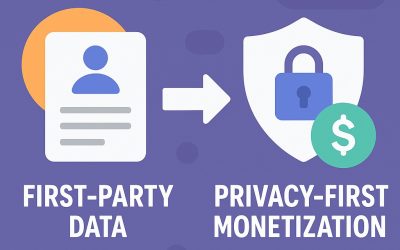Contents
Lessons from Unity Game Engine “Runtime fees”
So a little background here – Unity Game Engine introduced Run Time Fees earlier this month and my post covers what we actually can learn from the whole ordeal.
Unity recently faced significant backlash from the game development community due to its newly introduced pricing policy. This policy included a “runtime fee” for game installs beyond a certain revenue. The sudden change angered the developer community and in response to the criticism, Unity changed its policy for 2024.
[ez-toc]

This post is not an attempt to dive deep into “runtime fees”. Rather its a reflection and lessons we can learn from Unity Game Engine “Runtime fees” communication.
The new policy removes the runtime fee for games made with current Unity versions. It also changes the revenue threshold for upgrading to the next tier to $200,000. Plus, for revenue over $1 million, developers can choose a per-user fee or a 2.5% revenue share.
Even with these changes, Unity’s first try to change the fee structure has left developers wary. They are unsure about what other changes around fees and game monetization may come next. So what can we learn. Key take aways
5 Lessons from Unity Game Engine “Runtime fees”
-
Clear and Open Communication:
Firstly, The Unity Engine runtime fee fiasco emphasizes the crucial need for platforms to maintain transparent and ongoing communication with their user base. Any significant changes, especially those involving pricing and fees, should be communicated clearly and well in advance to avoid confusion and discontent.
-
Engage Users in Decision Making:
Secondly, Before implementing major policy shifts, platforms like Unity Game Engine should actively seek and consider feedback from their community. Including users in the decision-making process not only helps in formulating more acceptable and practical policies but also reinforces users’ trust and loyalty.
-
Flexibility and Responsiveness:
Thirdly, The incident highlights the importance of being adaptable and responsive to user feedback. Companies must be willing to revise their policies based on the concerns and suggestions of their community to ensure they meet their users’ needs and expectations.

-
Admit Mistakes and Correct Them:
The fourth point is, acknowledging errors and making prompt corrections is fundamental in upholding users’ trust. The Unity incident illustrates how a company’s readiness to adapt its policies in response to feedback can help in damage control and in re-establishing faith among its users- Unity Game Engine.
-
Prioritize User Needs and Satisfaction:
Last but not least, The fiasco underscores the need for platforms to continuously prioritize the needs and satisfaction of their users. Ensuring that policies and changes are aligned with users’ interests and providing consistent support are key to maintaining a positive and enduring relationship with the user base – Unity Game Engine.
Amid recent industry events, AppLixir is highlighting crucial learnings. This focus is especially in the Rewarded Video Ad Monetization area. Clear communication stands as key. It ensures users know about changes in ad monetization policies and practices.
The platform now centers on actively gathering and using user feedback. The goal is to enhance its ad monetization to make it more effective and user-friendly. AppLixir is dedicated to addressing concerns or issues quickly. This approach guarantees both developers and end-users a smooth and beneficial experience. The emphasis remains on satisfying users. AppLixir aims to refine its services to more closely meet user needs and expectations.
.


